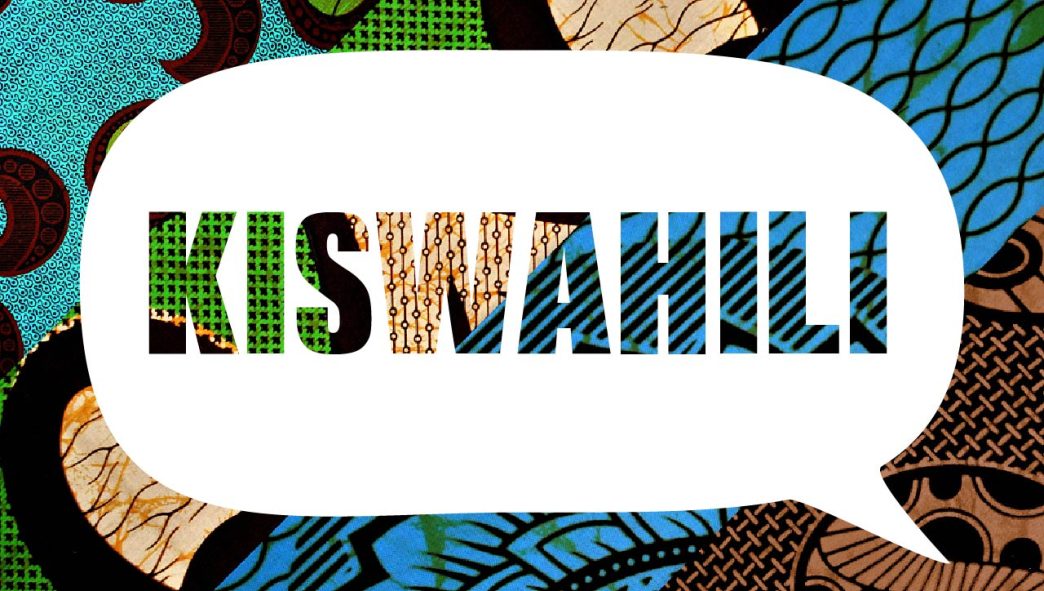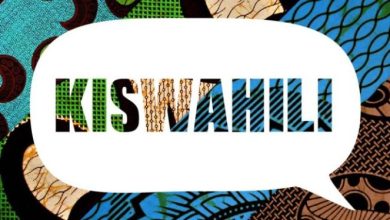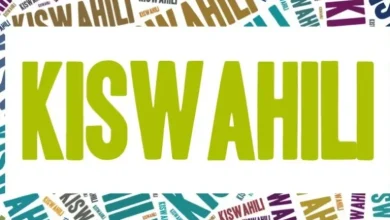KISWAHILI FOR BEGGINERS: Letter H

We proceed with the letter which start with letter H
The word “haraka” in Kiswahili (Swahili) translates to “hurry” or “speed” in English. It can also mean “quickness” or “haste.” It is often used to describe a state of urgency or the need to do something quickly.
Origin: The word “haraka” comes from the Arabic word “سرعة” (sura’a), meaning speed or quickness. Swahili has many loanwords from Arabic due to historical trade and cultural exchange between Arab traders and the East African coast.
How to Use:1. As a Noun:”Anahitaji haraka.” — He/She needs it quickly.”Alikimbia kwa haraka.” — He/She ran quickly.2. As an Adjective:”Fanya kazi haraka.” — Do the work quickly.”Nataka kuona matokeo haraka.” – I want to see the results quickly.3. As a Verb:”Tuna haraka.” We are in a hurry.”Usikimbie kwa haraka.” -Don’t rush (hurry).In general, “haraka” is used in situations where speed or urgency is emphasized.
The Swahili word “haribika” (or “kuharibika” in its verb form) means to be ruined, damaged, spoiled, or to deteriorate. It typically refers to something that has gone bad, is in a state of decay, or is no longer functioning as it should.
ALSO READ: KISWAHILI FOR BEGGINERS: Letter G
Breakdown of the word:”Ku-“: The infinitive verb prefix, indicating the action of the verb.”Haribika”: Derived from “haribu,” which means “to ruin” or “to spoil.”Meaning:When something “haribika”, it means it has been ruined, damaged, or it no longer works properly. This can apply to objects, relationships, or situations. It can also mean that a person is in a bad or deteriorating state, like feeling emotionally ruined or going through hardship.
How to use “haribika” in context:1. Object or Thing:”Samahani, gari langu limeharibika.” – “Sorry, my car is broken.””Maji haya yameharibika.” – “This water is spoiled.”The Swahili word “haribika” (or “kuharibika” in its verb form) means to be ruined, damaged, spoiled, or to deteriorate.
It typically refers to something that has gone bad, is in a state of decay, or is no longer functioning as it should.Breakdown of the word:”Ku-“: The infinitive verb prefix, indicating the action of the verb.”Haribika”: Derived from “haribu,” which means “to ruin” or “to spoil.”
Meaning:When something “haribika”, it means it has been ruined, damaged, or it no longer works properly. This can apply to objects, relationships, or situations. It can also mean that a person is in a bad or deteriorating state, like feeling emotionally ruined or going through hardship.How to use “haribika” in context:1. Object or Thing:”Samahani, gari langu limeharibika.” – “Sorry, my car is broken.””Maji haya yameharibika.” – “This water is spoiled.”2. Person or Situation:”Alijua kuwa familia yake imeharibika.” – “He knew his family was ruined.””Ninaona maisha yangu yanaharibika.” – “I feel like my life is falling apart.”
So, “haribika” describes the state of something or someone when it is no longer in its original, good condition.
2. Person or Situation:
“Alijua kuwa familia yake imeharibika.” – “He knew his family was ruined.”
“Ninaona maisha yangu yanaharibika.” – “I feel like my life is falling apart.”
So, “haribika” describes the state of something or someone when it is no longer in its original, good condition.





